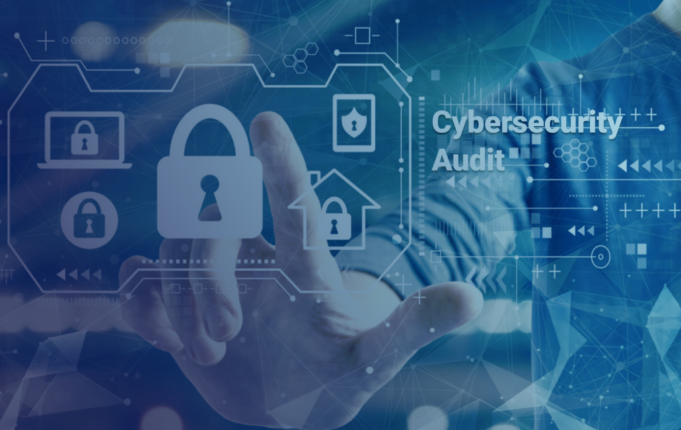As our world increasingly relies on technology, cybersecurity has become a critical concern for individuals, businesses, and governments alike. Cybersecurity refers to the practices and technologies designed to protect networks, devices, and sensitive information from unauthorized access, theft, or damage.
One essential aspect of cybersecurity is conducting regular audits to assess the effectiveness of security measures in place and identify potential vulnerabilities. A cybersecurity audit is a comprehensive assessment of an organization’s information systems, policies, and procedures to determine whether they meet established security standards.
However, despite the best efforts of organizations to safeguard their systems and data, cyber threats continue to evolve and pose a significant risk. Cyber threats can take various forms, including malware, phishing attacks, ransomware, and social engineering. These attacks can result in data breaches, financial loss, damage to reputation, and other severe consequences.
In this context, individuals and organizations must stay vigilant and proactively protect against cyber threats. Regular cybersecurity audits and ongoing training and awareness can help identify and mitigate potential vulnerabilities and prevent attacks from causing significant harm.
Types of Cyber Attacks
Cyber attacks are becoming increasingly sophisticated and frequent, making it essential to stay informed about the different types of attacks and how to prevent them. Here are some common types of cyber attacks and their prevention methods:
- Phishing Attacks – To prevent phishing attacks, users should be cautious of emails from unknown senders and never click links or download attachments from unsolicited emails. Verify the authenticity of the sender and website before sharing any personal information.
- Malware Attacks – Prevention methods for malware attacks include installing reputable antivirus software and keeping the software and systems up-to-date with the latest security patches. Additionally, avoid downloading and installing software from unknown sources.
- Ransomware Attacks – Regular data backups can help prevent data loss from ransomware attacks. It’s also essential to avoid opening suspicious email attachments or clicking on links from unknown senders.
- Distributed Denial of Service (DDoS) Attacks – DDoS attacks prevention involves having strong network security measures, such as firewalls and intrusion detection systems, in place.
- Man-in-the-Middle (MITM) Attacks – Users can prevent attacks by avoiding public Wi-Fi networks or using a Virtual Private Network (VPN) to encrypt internet traffic.
- SQL Injection Attacks – To prevent SQL injection attacks, implement strict input validation procedures, use parameterized queries, and limit database user permissions.
- Social Engineering Attacks – Social engineering attack prevention involves training employees to recognize suspicious emails, texts, or phone calls and implementing multi-factor authentication for sensitive accounts.
In summary, staying informed and implementing robust cybersecurity measures can help prevent these and other cyber attacks.
Importance of Cyber Security Audit
Cyber Security Audit is essential to an organization’s overall security posture. Here are some reasons why a Cyber Security Audit is crucial:
- Identify Security Vulnerabilities: A Cyber Security Audit provides an in-depth analysis of an organization’s security measures, identifying potential vulnerabilities and weaknesses that cybercriminals could exploit.
- Mitigate Risks: A Cyber Security Audit enables organizations to mitigate potential risks by providing a comprehensive report on current security measures, potential vulnerabilities, and recommendations for remediation.
- Ensure Compliance: Many industries have regulatory requirements for cybersecurity. A Cyber Security Audit helps ensure an organization meets these compliance standards and avoids penalties and legal consequences.
- Protect Against Cyber Threats: Cyber threats are becoming increasingly sophisticated and frequent. A Cyber Security Audit helps organizations avoid these threats by identifying potential vulnerabilities and developing a plan to improve security.
- Improve Cybersecurity Posture: A Cyber Security Audit helps organizations to assess their cybersecurity posture accurately and develop a comprehensive plan to improve their defences. It includes reviewing security policies, procedures, and technologies to determine areas of risk.
Additionally, a cyber audit helps you ensure compliance with regulatory requirements, reducing the risk of penalties and legal consequences. It provides you with a roadmap to implement robust security measures, such as advanced threat detection, secure network configurations, and employee awareness training.
Don’t wait for a cyber attack to cripple your business. Schedule your free cyber security audit today and gain peace of mind knowing that you are actively taking steps to protect your valuable assets, sensitive information, and reputation. Together, let’s fortify your defenses and stay one step ahead of cyber threats.



















